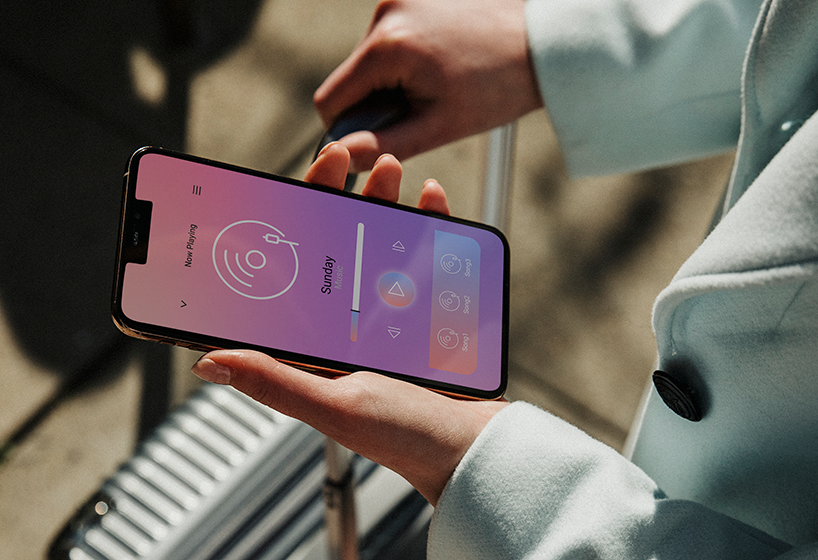
AI Therapy Won’t Replace Real Therapists — It Will Make Mental Health Care More Accessible Than Ever
In recent years, AI-powered therapists have been gaining attention — and for good reason. They are available 24/7, cost a fraction of traditional therapy, and can provide immediate emotional support to millions of people around the world. Yet, as impressive as this technology is, one truth remains: AI therapy is not here to replace human therapists. Instead, it is here to supplement them and make mental health care more accessible, affordable, and inclusive.
The Mental Health Crisis: Too Many Need Help, Too Few Can Access It
The demand for mental health services has skyrocketed globally, but the supply of licensed therapists simply can’t keep up. Millions of people are stuck on waiting lists, priced out of care, or living in areas without mental health professionals at all. Therapy is still viewed by some as a luxury, when in reality, it’s a necessity.
This is where AI therapy steps in—not as a replacement—but as a bridge.
AI Therapy as the First Line of Support
AI therapists, like Via, can provide immediate emotional support to users when they need it most, offering tools for anxiety, depression, stress, and daily struggles. For someone who feels overwhelmed at 3 AM or is struggling silently in a place without access to therapy, AI provides a space to express, reflect, and find coping strategies.
AI therapy can:
-
Offer preliminary support while users wait for traditional therapy.
-
Serve those who can’t afford regular sessions.
-
Help users practice self-awareness and mental health maintenance between therapist visits.
The Human Element Can’t Be Replaced
Therapy isn’t just about listening and giving advice — it’s about human connection, empathy, and understanding complexities that often require professional training and experience. AI, no matter how advanced, cannot fully replace the intuition, cultural understanding, and deep empathy of a human therapist.
What AI can do is lighten the load. AI therapy can help handle the overwhelming demand, freeing up human therapists to focus on deeper, more complex cases. It can also help users who might otherwise never seek therapy to build the courage and awareness to eventually connect with a human professional.
AI + Humans = Better Mental Health for Everyone
Imagine a world where AI therapy is the entry point — free, available anytime, and non-judgmental — helping millions of people learn about mental health, practice healthy coping mechanisms, and reduce stigma. Then, when users are ready or need more, they can connect with a human therapist equipped with insights from AI-assisted sessions.
This is not a story of replacement. It’s a story of teamwork between technology and humanity, creating a world where no one is left without support.